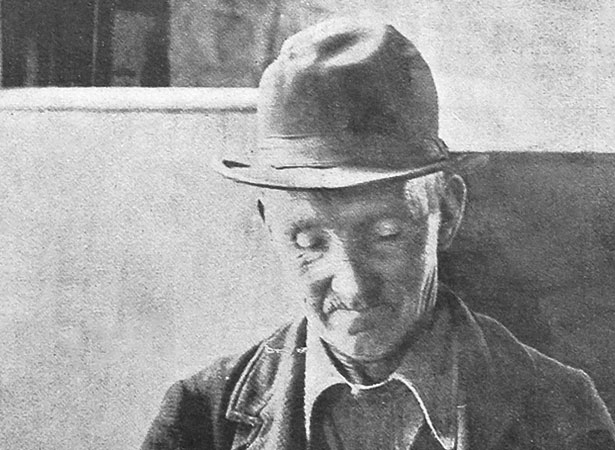
The Old-age Pensions Act gave a small means-tested pension to elderly men and women with few assets who were ‘of good moral character’ and had been leading a ‘sober and reputable life’ for at least the previous five years.
In the early 1880s Colonial Treasurer Harry Atkinson had proposed a needs-based insurance scheme funded by levies on workers topped up by income from Crown leases. This would have allowed the payment of modest orphans’, widows’, sickness and old-age benefits. It was an idea ahead of its time and Atkinson’s parliamentary colleagues gave it a cool reception.
In 1889 Germany introduced an old-age pension to which employers, workers and the state made contributions. New Zealand’s 1898 legislation created the first such scheme that was fully funded from general taxation. It was one of the major achievements of Richard Seddon’s Liberal government.
The Liberals’ social and economic reforms attracted international interest and were seen as symbolising New Zealand’s egalitarian ethos. The groundbreaking legislation of 1898 was based on the principle that the state had some responsibility for respectable elderly citizens who were no longer able to provide for themselves.
The amount on offer was small. Applicants had to meet strict criteria to qualify for a pension of at most £18 per year (equivalent to about $4100 in 2023). Only those with an annual income of £34 ($7700) or less and property valued at no more than £50 ($11,300) received the full amount.
Proof was required that the applicant was aged at least 65, although magistrates were allowed some latitude in assessing the age of Māori claimants whose births had not been registered. Applicants had to have lived in New Zealand for the previous 25 years. ‘Chinese or other Asiatics’ were specifically denied the pension, even if they had been naturalised and so were legally British citizens.
Read more on NZHistory
Richard Seddon asleep during committee – Parliament's peopleRichard SeddonHistory of New Zealand, 1769-1914 – A history of New Zealand 1769-1914
External links
How to cite this page
'Old-age Pensions Act becomes law', URL: https://nzhistory.govt.nz/old-age-pensions-act-passes-into-law, (Ministry for Culture and Heritage), updated 26-Oct-2023
